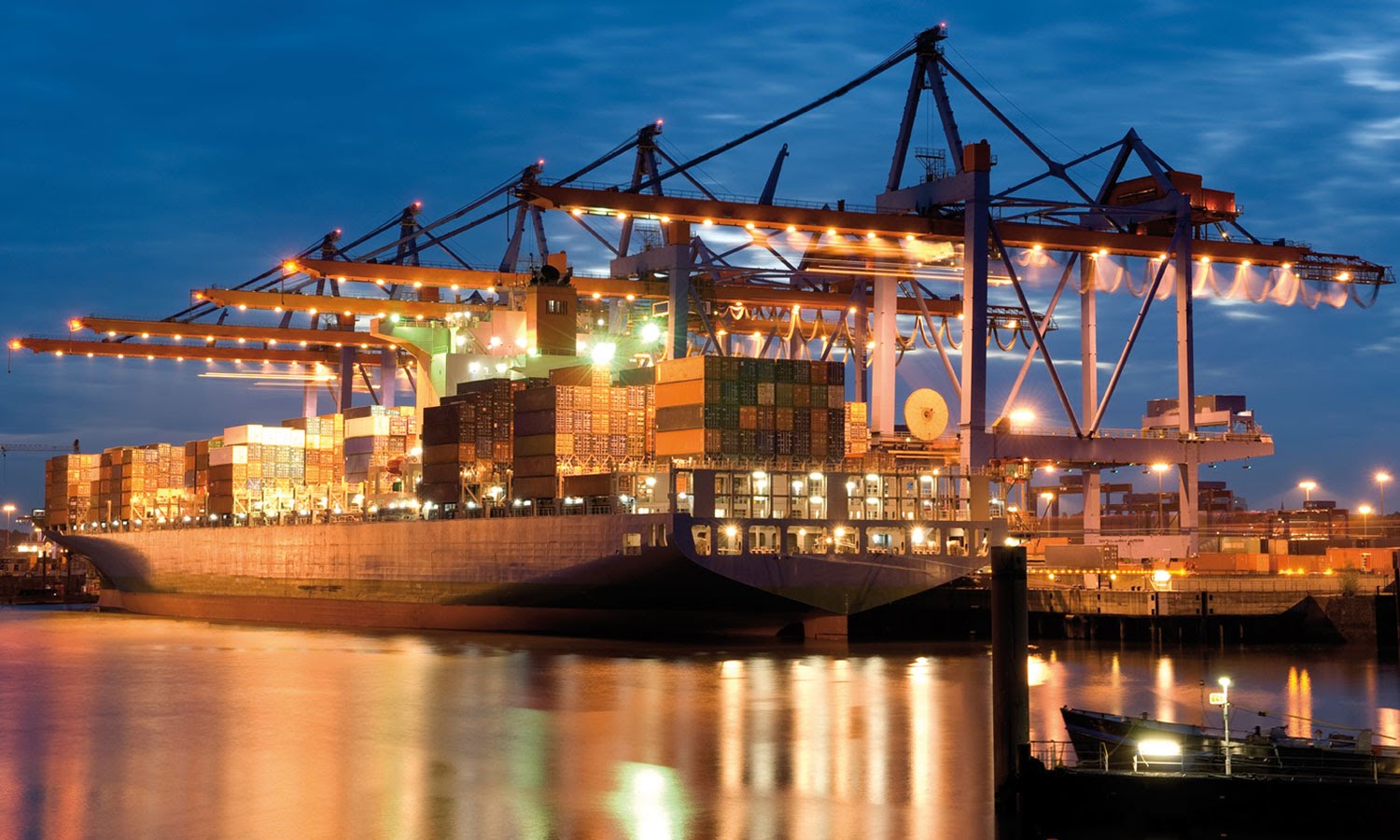- Terminal Operators Lose N75bn to Naira Fall
The continuous adjustment in exchange rates, loss in the value of the naira against major foreign currencies and forex scarcity have all combined to bring about loss of revenue for terminal operators, who since the 2006 concession agreement have been paying their dues in dollars, ANNA OKON writes
Terminal operators at the nation’s seaports have lost N75bn to currency adjustments due to the loss in value of the naira against major foreign currencies.
This is due to the fact that the operators pay their concession dues and meet other obligations in dollars.
It was gathered that the loss in the value of the naira coupled with the scarcity of dollars had overtime led to an increase in expenses and put a huge pressure on the income of the operators.
According to a 2017 report by Akintola Williams Deloitte, the foreign exchange challenges that Nigeria is facing as a result of the fall in global oil prices are further pronounced for terminal operators as a large part of their costs, including equipment and maintenance costs, lease fees to the Nigerian Ports Authority and operational costs are in dollars.
The report noted that in order to take care of their costs and dues, the terminal operators had to constantly source for dollars from the parallel market at very high rates.
Confirming this, the spokesperson for the Seaport Terminal Operators Association of Nigeria, Mr. Bolaji Akinola, who spoke to our correspondent on behalf of the operators, said that they were currently spending three times the amount they paid 10 years ago as dues owing to the continued fall in the value of the naira.
“In 2006 when we took over operation at the various terminals in the port, the exchange rate was N125 to the dollar. Now, it is about N400,” he stated.
He added that for every one dollar paid out, an operator lost N275.
“About 85 per cent of our commitments are in dollars. The tenure of the concession agreements ranged from 15 to 25 years and the estimated revenue to government is $6.54bn (N2.6tn) over the period,” Akinola stated.
Due to the challenges, the concessionaires have made several appeals to the government, asking to be allowed to pay their dues in naira.
In response to their pleas, the Managing Director, NPA, Ms. Hadiza Usman, said that the agency would take a second look at the dollar payment policy during a general review of the concession agreement.
She said, “We will look into the dollarisation of payments. This will not be clear until we do a realistic review of the concession agreements.
“Some of our obligations that we pay in dollars, we are looking to see how we can stop paying for everything in dollars. As we review the inflow of dollars, we will also review the outflow of dollars.”
Meanwhile, 83 per cent of port revenues are said to be received in naira from clearing agents; these include terminal handling charges, storage charges, customs examination fees, and others, while the remainder of the revenue is received in dollars, including stevedoring charges from shipping companies.
In addition to exchange rate fluctuations, the Central Bank of Nigeria’s restriction of importers of 41 select items from accessing foreign exchange through the official foreign exchange window as well as the 2014 hike in the import duty of vehicles affected the volume of cargo at the ports, resulting in further revenue loss to operators and government.
According to analysts at Deloitte, between 2006 and 2016, the port business was adversely impacted by the rise in Consumer Price Index or inflation, with the CPI rising to over 177 per cent since 2006, adding that foreign exchange fluctuations also impacted the value of the terminal handling charges with over 224 per cent forex depreciation between 2006 and 2016.
They argued that although the naira value of the THC increased from N31,850 in 2006 to N80,000 in 2016, the THC dollar value equivalent decreased from $232 in 2006 to $180 in 2016.
A maritime expert with the Lagos Chamber of Commerce and Industry, Mr. Vincent Nwani, suggested that since the terminal operators were earning part of their revenue in dollars, they should pay the appropriate dues in dollars to the proportion of that revenue, while settling other obligations in naira.
He said in order to do that, they had to go back to the original agreements that they signed with the Federal Government, adding, “In some of those agreements, there may be clauses that the price of foreign exchange should determine the dues.
“They collect some fees in dollars; they don’t have to pay all their fees to the government in dollars.



 Naira4 weeks ago
Naira4 weeks ago


 Naira3 weeks ago
Naira3 weeks ago


 News4 weeks ago
News4 weeks ago
 Travel4 weeks ago
Travel4 weeks ago




 Naira4 weeks ago
Naira4 weeks ago
 Naira3 weeks ago
Naira3 weeks ago


 Jobs3 weeks ago
Jobs3 weeks ago


 Travel3 weeks ago
Travel3 weeks ago




















